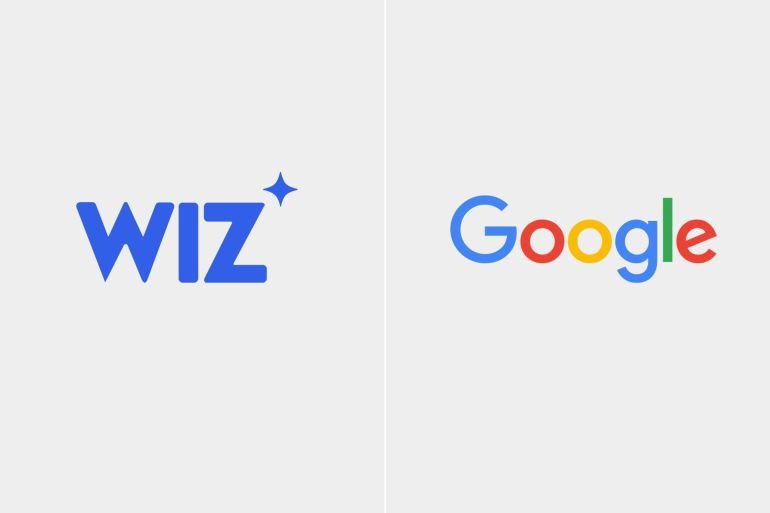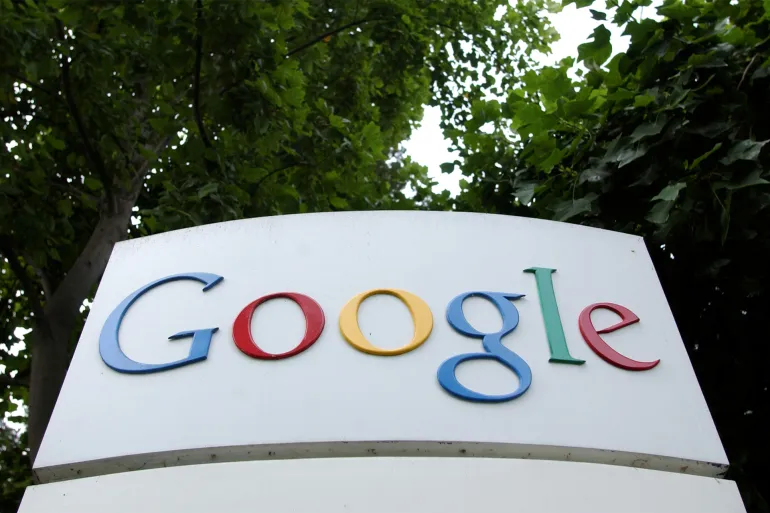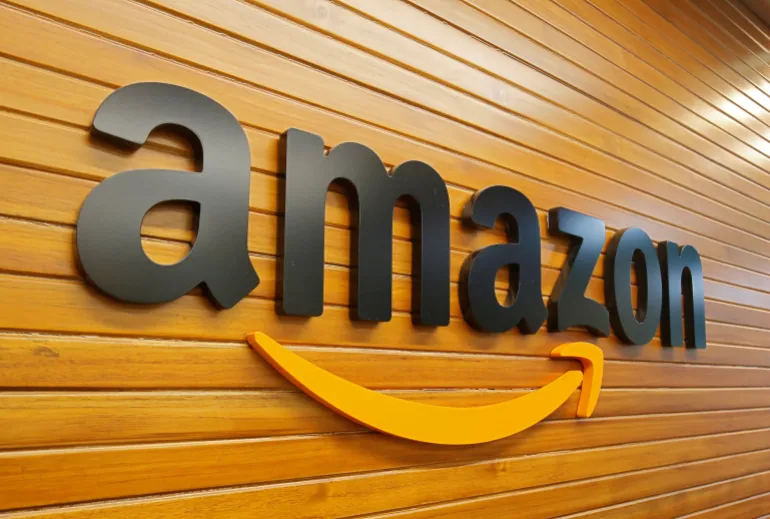
In recent weeks, the world of finance and technology has been in the spotlight on an emerging Israeli company working in the cybersecurity sector called Wiz, because AlphaBit, the Internet giant and owner of the Google search engine, decided to acquire this small company for 23 billion. Dollars, in a deal considered the largest for Alphabet, which has acquired hundreds of startup companies.
After several weeks of negotiations, Waze rejected the acquisition deal and decided to remain an independent company without being affiliated with Google or any other companies. Because the company needed funding, it decided to list itself on the stock exchange in the hope of achieving additional profits without losing ownership of the company.
But why did Waze reject this acquisition despite its enormous value, and more importantly, what prompted the Internet giant Alphabet to acquire an Israeli company for this value?
Traditional cybersecurity company
Like many Israeli startups, Waze is based in the cybersecurity sector and offers a variety of high-level cybersecurity services that companies constantly need to highly secure their servers and accounts.
It cannot be said that “Waze” is an innovative company that offers unique solutions that are not available to other companies, as there are many competitors to it in various countries of the world, and perhaps it was “Crowdstrike” that caused the Internet crisis at the end of July. Last July, one of her most prominent competitors.
The company was founded in 2020 in Tel Aviv by a group of Israeli cybersecurity engineers, and the company’s headquarters quickly moved to New York City to be close to the global cybersecurity arena and near the company’s most important clients, without losing the Tel Aviv headquarters or its workforce.
In May of this year, the company secured $1 billion in funding based on a total valuation of more than $12 billion. With this, the company has raised $1.9 billion since its founding, so the company claims to be the largest startup in the world of cybersecurity, outperforming many competitors around the world.
It is also worth mentioning that the company has obtained cooperation contracts with all Israeli government institutions through the Accel company, which represents a distribution interface for the company’s services, which contributed to raising its value significantly over previous years.

Why does Google need Waze?
“Waze” represents the missing cornerstone among many of Google’s basic and preferred services for companies, most notably software hosting solutions and cloud servers, in which Google faces many challenges, starting with the presence of fierce competition such as “AWS”, a subsidiary of “Waze”. Amazon and Azure, a subsidiary of Microsoft.
In all cases, competitors have their own security solutions, as well as their cooperation with external companies to provide their own and exclusive services to users. Since securing cloud servers is one of the most important pillars of cybersecurity, Google’s inclusion of the emerging Israeli company “Waze” in its arsenal gave the company an opportunity. To enhance its services and thus increase its percentage in the cloud services sector, as Google’s share in it is limited to only 10%, compared to 32% for Amazon and 23% for Microsoft.
So far, Google has not been able to penetrate the business sector through its cloud services, unlike what is happening in the consumer sector, where it is widely popular thanks to users’ reliance on it in Android phones and smart computers that rely on Google Drive.
Of course, it cannot be said that the deal would have gone unnoticed if the “Waze” board of directors had approved it, as American anti-monopoly legislation usually remains an obstacle to such deals, and perhaps this was what happened with the “Microsoft” and “Activision-Blizzard” deal in the year. The past is a vivid example of this, as the deal faced severe criticism from the Federal Trade Commission, as was the case with the “Amazon” and “iRobot” deal. However, Amazon preferred to abandon the deal completely.
The legal confrontation with the US authorities was not in Waze’s favor, as such cases take a long time to be decided, which drains the capital that the company currently owns, in addition to reducing the company’s value during the duration of the case.
Greater benefit from the deal
At first glance, Waze appears to be losing out by rejecting the larger Google deal, but in the end, Waze gains more profits thanks to the wide media attention and coverage it received after rejecting the Google deal.
The company’s board of directors is very aware of this, so it decided, according to its main statement, to offer the company for public subscription and market the company’s shares directly to investors around the world, which is the ideal exploitation of this media coverage.

Google’s history is filled with many successful and large deals, as the giant company has adopted the acquisition of emerging companies as its general philosophy over the past years, and the acquisition of YouTube in 2006 for $1.6 billion may be considered one of its first and most successful deals ever, as it reached… YouTube is now worth more than $31 billion, meaning its value has increased more than 15 times. After that, the company went on to acquire AdMob services, which is an advertising service that displays ads directly on mobile phones, and is the first image for Google advertising services.
This deal was completed in 2007 for $750 million. Google’s deals include several companies such as HTC, a smartphone maker, which was acquired in 2017 for $1.1 billion, Nest in 2014 for $3.2 billion, FitBit in 2007 for $2.1 billion, Israeli Waze in 2007 for $1.3 billion, and Motorola in 2012 for $12.5 billion, the largest deal in the company’s history.
Google is one of the companies that invests heavily in the Israeli technology sector and is always looking for startups to acquire. Perhaps the biggest example of this was the acquisition of Waze in 2007, a company that works in the mobile mapping sector and provides several services through its application. Although the application is still available through the Google App Store, the basic Google Maps application has acquired many of Waze’s features. It is also noted that Google always invests in companies whose services are integrated with Google’s basic services, such as investing in several digital advertising companies that formed the famous Google advertising network “AdSense”, which the company relies on heavily, in addition to users, to earn additional money.
Israeli Tech Sector and Cybersecurity
Google also acquired several companies that manufacture technology products, such as HTC, Nest, Fitbit, and Motorola. Although it later sold the latter for $6.9 billion, with a loss of more than 50% of its value in 2014, the rest of the companies are still under its control and offer products that users love, starting from smart watches and bracelets to mobile phones .
Israel has a large number of cybersecurity companies such as Waze, but a large part of these companies do not work directly in securing users, but rather rely on hacking phones and paid cyber espionage. NSO and Cellebrite are two of the most prominent Israeli companies working in this sector, as these companies have reached the pages of newspapers on more than one occasion, either because of the spread of their malware such as Pegasus or because of their contribution to hacking the phone of the Trump attacker.
The Statista report indicates that there are 469 cybersecurity companies in Israel, which reflects the interest of Israeli regulators in this sector in particular. However, the presence of this large number of companies specializing in securing servers, along with other companies that steal users’ data and hack their phones, raises many questions.
In addition to the numerous hacks that have occurred in Israeli companies and ministries, and perhaps the hacking of the Israeli Ministry of Defense computers that occurred last April is the clearest evidence of this, if the Ministry of Defense is unwilling to cooperate with such companies or has dealt with them and the hacking occurred, both are bad testaments to Israeli cybersecurity companies, and this prompts us to ask, did Waze deserve this deal in the first place?
